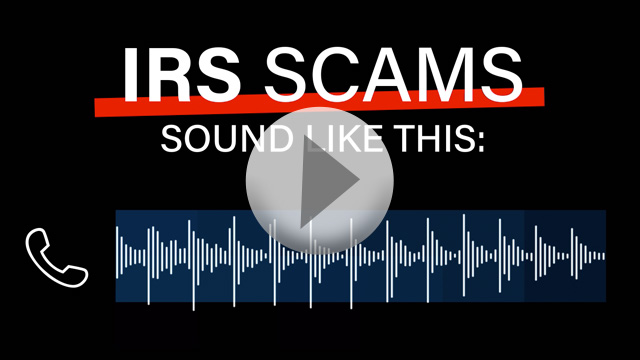You’ve probably gotten one of these calls: They say it’s the IRS and they’re filing a lawsuit against you for back taxes. They may threaten to arrest or deport you. What do you do? Watch this video to learn more:
The FTC worked with AARP to create a series of videos about imposter scams – including IRS imposters, Medicare scams, and robocalls. While the videos are aimed at older Asian Americans and Pacific Islanders, the tips apply to everyone. Last week, we highlighted Medicare scams; this week, it’s IRS imposters. Next week, stay tuned for robocalls.
In the video, you’ll hear how these calls may sound – and then learn to spot and avoid these scammers. So, if you get a call from someone claiming to be from the IRS:
- Hang up. Don’t give personal or financial information to someone claiming to be from the IRS. If in doubt, call the IRS directly at 1-800-829-1040.
- Don’t send money by wire transfer, prepaid card or gift card to someone claiming to be from the IRS. That’s a scam. The IRS will not require a specific type of payment.
- Report the call. Report phony IRS calls to the Treasury Inspector General for Tax Administration (TIGTA) at tigta.gov or to the FTC at ftc.gov/complaint. The more we hear from you, the more we can help fight scams.
- Tell your community. Let your family and friends know about IRS imposters.
For more information about stopping imposter scams, visit ftc.gov/imposters. And to learn about how to stop unwanted calls, including using call blocking technology, go to ftc.gov/calls.
To read a version of this blog post in Tagalog, click here. Upang mabasa ang bersyon ng blog post na ito sa Tagalog, mag-click dito.
To read a version of this blog post in Korean, click here.
이 블로그 포스트를 한국어로 보시려면 여기를 클릭하세요.
To read a version of this blog post in Traditional Chinese, click here.
如需閱讀此篇博客的繁體中文版,請點擊這裡。
To read a version of this blog post in Simplified Chinese, click here.
如需阅读此篇博客的简体中文版,请点击这里。

